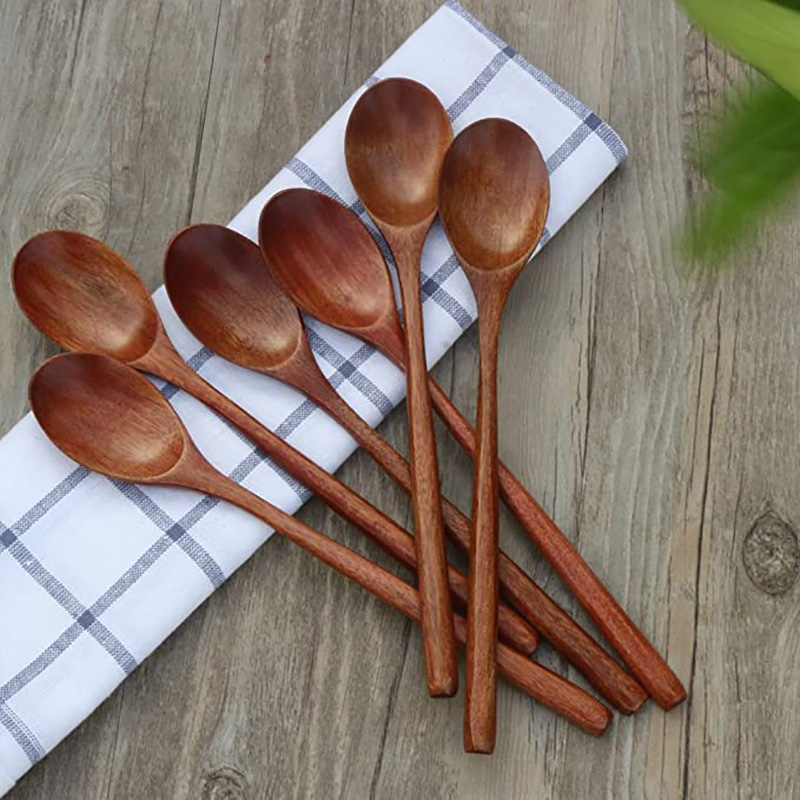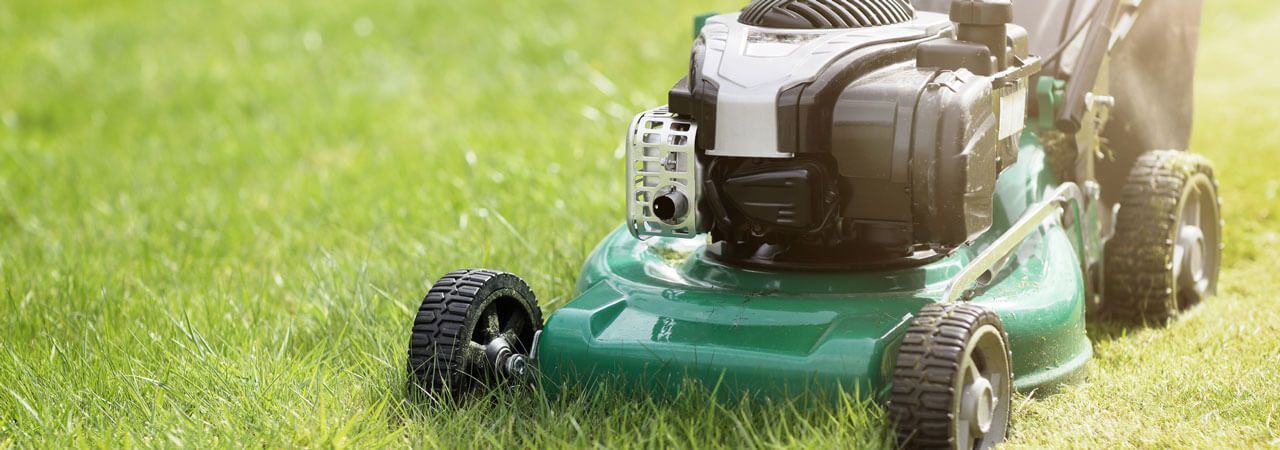
Wooden spoons are a timeless kitchen utensil cherished for their natural beauty, versatility, and durability. However, to ensure these kitchen essentials maintain their charm and functionality over time, proper care and maintenance are crucial. In this article, we'll explore how to effectively care for your wooden spoons and keep them in excellent condition for years to come.
1. Handwashing Only
The primary rule for wooden spoons is to wash them by hand using mild dish soap and warm water. Avoid putting them in the dishwasher, as the high heat and moisture can cause the wood to crack or warp.2. Immediate Drying
After washing, immediately dry the wooden spoons with a clean towel to prevent water from soaking into the wood and potentially causing damage. Proper drying helps maintain the spoon's integrity and prevents the growth of mold or bacteria.3. Avoid Prolonged Soaking
Do not let your wooden spoons soak in water or other liquids for extended periods. Wood is porous and can absorb water, which may lead to warping, cracking, or splitting. Minimize exposure to moisture to ensure the longevity of your spoons.4. Periodic Oil Conditioning
To keep your wooden spoons in optimal condition, periodically treat them with food-grade mineral oil or beeswax. Apply a small amount of oil or wax to a clean cloth and gently rub it into the spoon's surface. This treatment helps prevent the wood from drying out and maintains its natural luster.5. Store Properly
Store your wooden spoons in a well-ventilated area away from direct sunlight and sources of heat. Avoid storing them in overly humid or dry environments, as extreme conditions can cause the wood to expand, contract, or crack.6. Regular Inspections
Regularly inspect your wooden spoons for any signs of damage, including cracks, splinters, or discoloration. Address issues promptly to prevent further deterioration and ensure the safety and functionality of the utensil.7. Use Carefully
Be mindful of how you use your wooden spoons. Avoid using them for stirring extremely hot dishes or leaving them in hot pots for prolonged periods, as this can cause the wood to weaken or discolor.8. Resurface if Necessary
If your wooden spoon starts to show signs of wear, you can lightly sand the surface to remove any rough spots or stains. After sanding, reapply a thin coat of food-grade mineral oil or beeswax to rejuvenate the spoon.9. Handle with Care
Handle your wooden spoons gently to avoid unnecessary stress on the wood. Avoid twisting, bending, or putting excessive pressure on them, especially near the handle joint, which is a common weak point.10. Retire When Needed
Despite proper care, wooden spoons have a lifespan. If a spoon becomes extensively damaged or shows signs of decay that cannot be restored, consider retiring it and replacing it with a new one to maintain a safe and effective kitchen.By following these guidelines, you'll be able to prolong the life and beauty of your wooden spoons, ensuring they remain a valuable and functional part of your kitchen for years to come. Proper care and maintenance will not only preserve their aesthetic appeal but also contribute to a safer and more enjoyable cooking experience.




